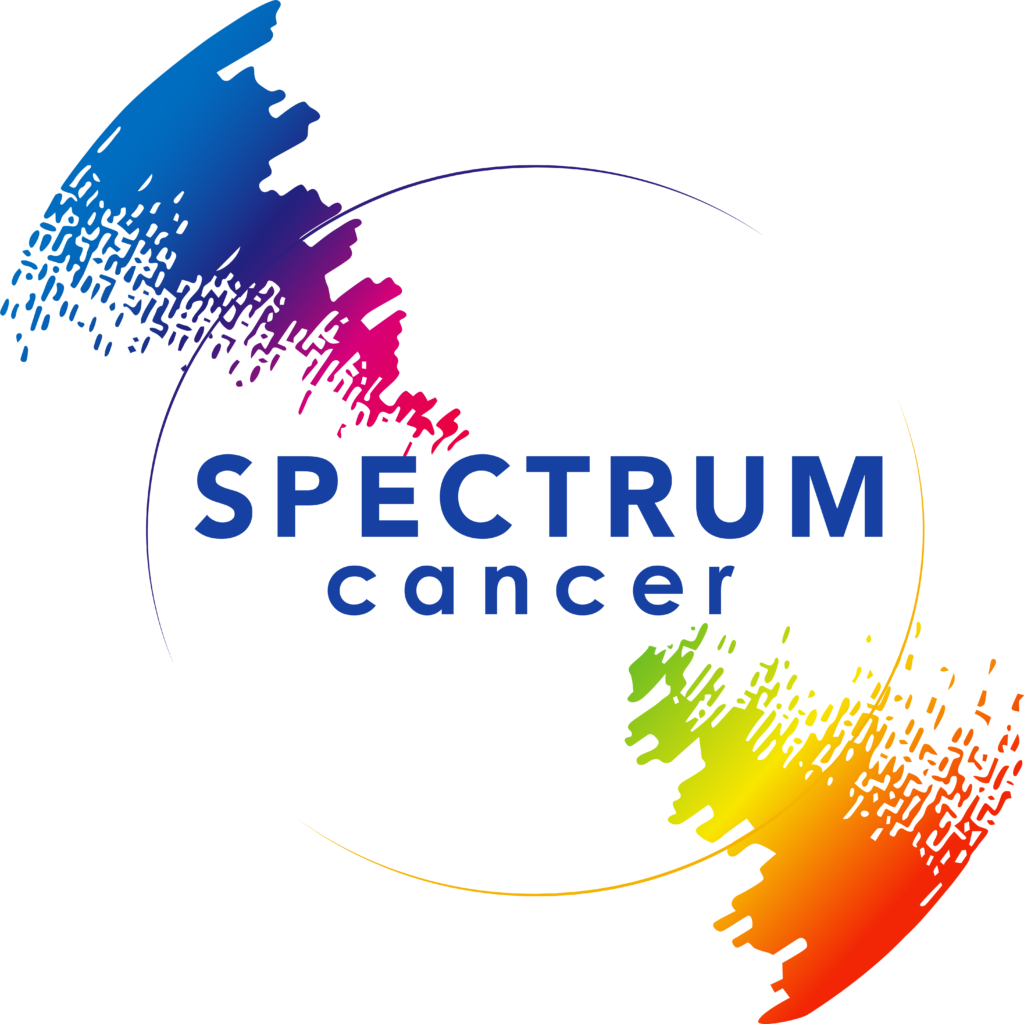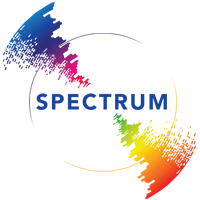Author(s): Chris Ryan
Key Takeaways
- XB2001 combined with chemotherapy showed fewer total adverse effects and significant adverse events compared to placebo.
- The experimental regimen led to reduced hospitalization days and improved overall survival trends.
- Improvements in fatigue, appetite, and pain were observed in the XB2001 arm.
- The study’s primary endpoints were safety and defining the maximum tolerated dose, with secondary endpoints including progression-free survival and overall survival.
Adding the anti–interleukin-1⍺ antibody XB2001 (Natrunix) to a chemotherapy regimen consisting of irinotecan liposome (Onivyde), 5-fluorouracil (5-FU), and leucovorin led to improved safety outcomes and a trend toward improved overall survival (OS) compared with placebo plus chemotherapy in patients with pretreated advanced pancreatic cancer, according to data from the randomized, double-blind portion of phase 1/2 1-BETTER trial (NCT04825288).1
Findings announced by XBiotech showed that fewer adverse effects (AE) of any kind—297 total AEs vs 336 total AEs, respectively—were reported during the 24-week treatment period for patients in the XB2001 arm (n = 33) compared with those in the placebo arm (n = 32).
Additionally, the experimental regimen was associated with a 28% decrease in the rate of patients who experienced significant AEs. Significant AEs occurred in 9 of 33 patients in the XB2001 arm vs 12 of 32 patients in the placebo arm. Notably, 80 days of hospitalization were required during the 24-week treatment period for patients treated with XB2001 plus chemotherapy compared with 120 days for those given placebo plus chemotherapy.
Regarding efficacy, no patients in the placebo arm survived for more than 330 days; however, 8 patients in the XB2001 arm were still alive at day 330, and the OS difference currently borders statistical significance (P = .096).
“Treatment of advanced pancreatic cancer in the second- and third-line settings presents significant challenges in terms of toxicity as well as efficacy,” lead study investigator David J. Park, MD, a medical oncologist and medical director for the Providence St. Jude Crosson Institute in Fullerton, California, stated in a news release. “To observe these trends for reduced toxicity and potential survival benefit is remarkable, particularly given the limited sample size. The potential interaction between reduced toxicity, more time on treatment, and improvement in survival makes intuitive sense for clinicians who treat these patients. These findings are extremely important.”
1-BETTER enrolled patients at least 18 years of age with histologically or cytologically confirmed metastatic, unresectable, or recurrent pancreatic adenocarcinoma of the exocrine pancreas. They were required to have at least 1 measurable lesion per RECIST v1.1 criteria; documented disease progression after 1 prior gemcitabine-based or FOLFIRINOX/gemcitabine combination therapy; an ECOG performance status of 0 or 1, or a Karnofsky performance status of at least 70; and adequate hepatic, renal, and bone marrow function.2
Patients were excluded if they had a clinically significant decrease in performance status within 2 weeks of first study dose; clinically significant gastrointestinal disorders; severe arterial thromboembolic events within 6 months of treatment; prior whole brain radiation therapy; evidence of brain metastases; congestive heart failure, ventricular arrhythmias, or uncontrolled blood pressure; or treatment with strong CYP3A4 inducers or inhibitors and/or UGT1A1 inhibitors within 14 days of enrollment.
Phase 1 of 1-BETTER served as an open-label, dose-escalation study designed to identify the maximum tolerated dose (MTD) and recommended phase 2 dose of XB2001 in combination with chemotherapy.
In phase 2, patients were randomly assigned 1:1 to receive XB2001 at the MTD or placebo in combination with irinotecan liposome at 70 mg/m2, leucovorin at 400 mg/m2, and 5-FU at 2400 mg/m2 once every 2 weeks.
Safety and defining the MTD were the trial’s primary end points. Secondary end points included progression-free survival, OS, objective response rate, time to treatment failure, clinical benefit rate, quality of life, and safety.
Additional safety data from the randomized portion of the study showed that the XB2001 regimen was tied to a 22% reduction in fatigue, a 32% improvement in appetite, and a 41% reduction in pain as of the last day of the 24-week treatment period. Notably, severe diarrhea was reported in 9% of patients in the XB2001 arm vs 19% of patients in the placebo arm during the 24-week treatment period.1
References
- XBiotech results from randomized double-blinded phase 1/2 study suggest potential breakthrough treatment for advanced pancreatic cancer. News release. XBiotech. June 18, 2024. Accessed June 20, 2024. https://investors.xbiotech.com/news-releases/news-release-details/xbiotech-results-randomized-double-blinded-phase-12-study
- XB2001 in combination with Onivyde + 5-FU/LV (+folinic acid) in advanced pancreatic cancer (1-BETTER). ClinicalTrials.gov. Updated November 18, 2024. Accessed June 20, 2024. https://clinicaltrials.gov/study/NCT04825288

